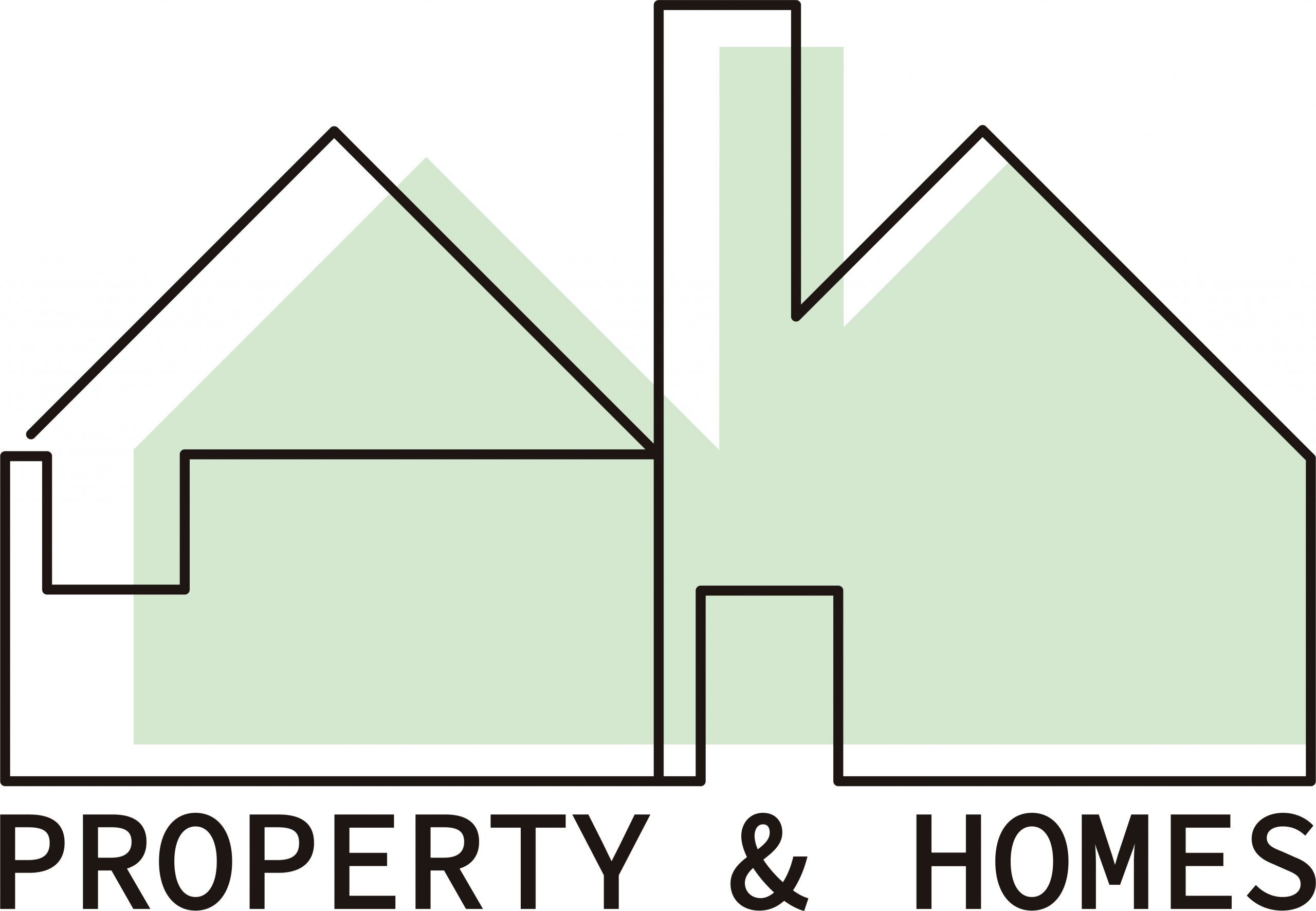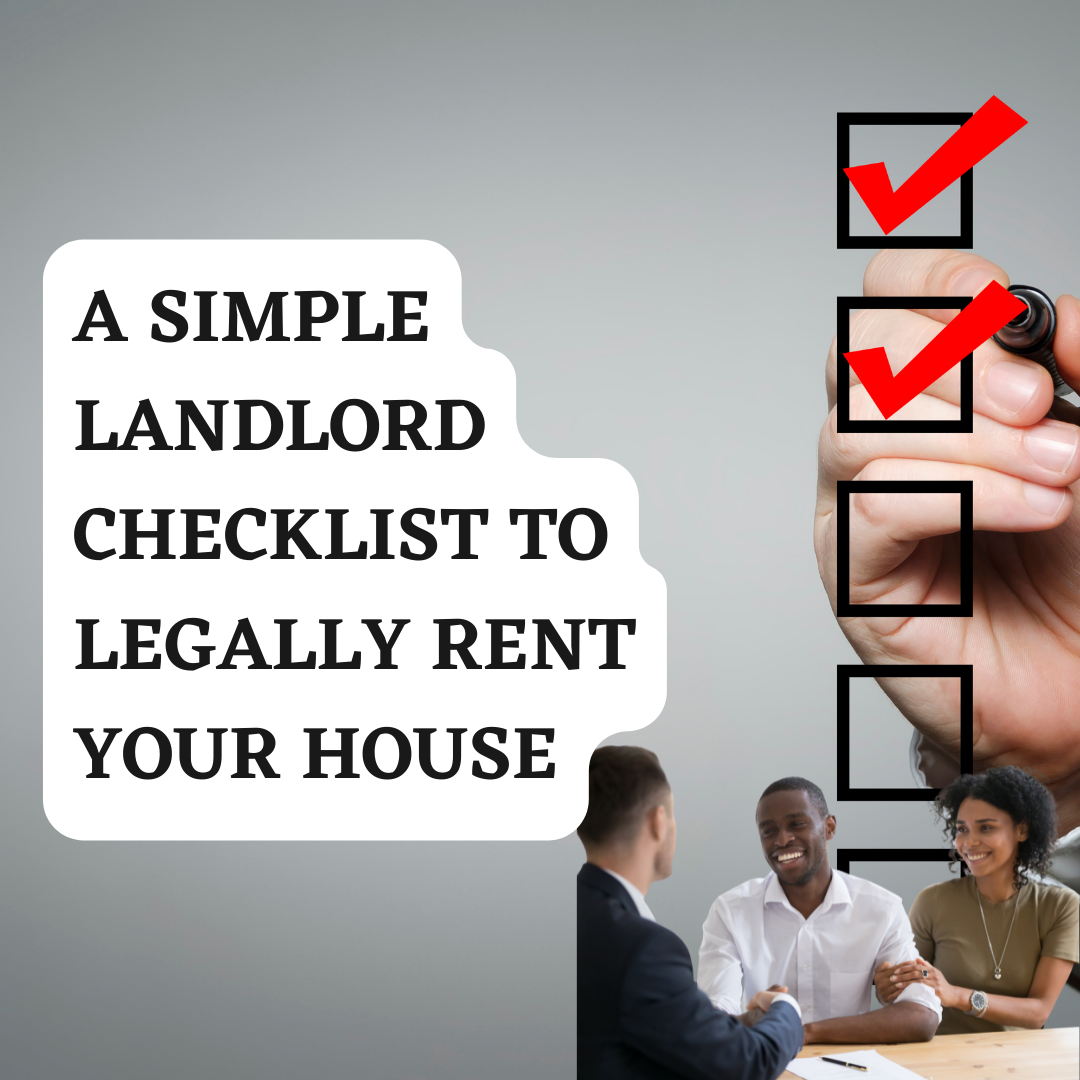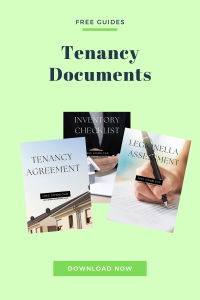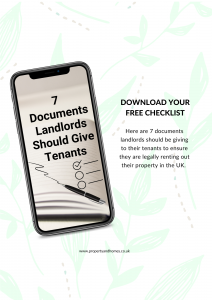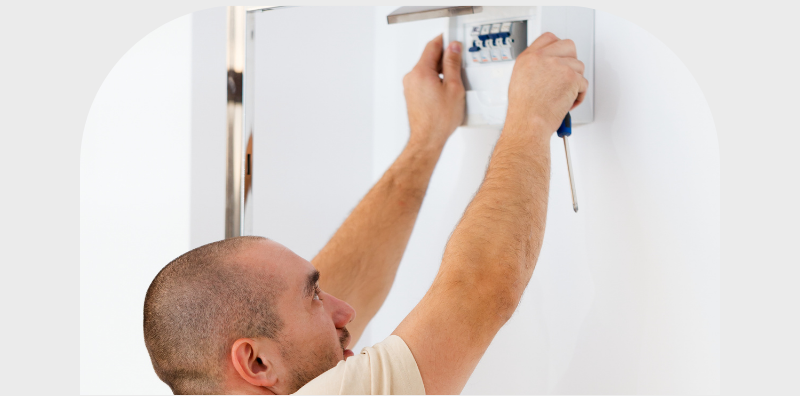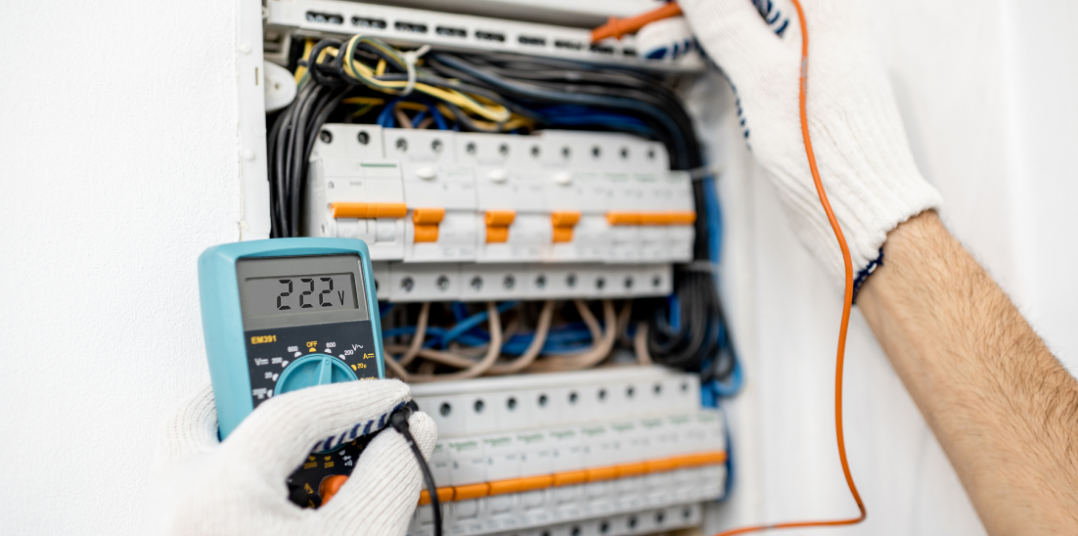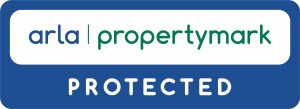A simple landlord checklist to legally rent your house
Whether you are a first-time or seasoned landlord, it can be hard to stay on top of what you should and should not be doing. So we have pulled together a simple landlord checklist that you can use to rent out your property legally.
It is important to note that you will be governed by more than 145 pieces of legislation and the fact that there will be changing regulations when it comes to landlord obligations, it is important you stay up to date so you don’t break the law.

Landlord Checklist
1. Make sure you have permission to rent out the property – if the house is mortgaged, make sure you have permission from the bank. If you have a leasehold and the local council is the freeholder, you need to ensure that you seek their permission first before renting out the property.
2. Check if you need to apply for licensing – if your local authority has introduced landlord licensing then it will be illegal to operate without one. All large Houses of Multiple Occupation (HMOs) require a license but even if your property is rented to fewer people, you may still need a license before you can rent the property.
3. Landlords will need to arrange to carry out the property health and safety requirements:
a. Gas safety – you will need to make sure all gas equipment and appliances are safe and in good working order.
b. Electrical safety – your responsibilities include making sure all electrical equipment and appliances are safe and in good working order. Click here to read more about ECIR updates.
c. Smoke And Carbon Monoxide Alarms – you will need to fit and maintain these alarms.
d. EPC – it is illegal to rent out a property with an EPC rating of F or G. The minimum EPC rating for new tenancies is set to be upgraded to C in 2025 (extended to all tenancies by 2028). Click here to read more about EPC updates.
e. Fire safety regulations – if you a renting your property furnished then you need to make sure all upholstered furniture, as well as loose furniture and upholstery, is fire-safe when tenants move in.
4. Right to rent checks – these are a legal requirement and you must check that your tenants have a right to rent the property.
5. Tenant deposit scheme – landlords are required by law to put their tenant’s deposit into a government-approved scheme until the end of the tenancy.
6. Landlord insurance – you risk invalidating your current buildings and contents policy if you do not make your insurer aware of your intention to let the property.
Do you rent out multiple properties or are you looking to start your journey as a new landlord? Let us know in the comments below.
Need to fix a repair or breakdown?
Landlord Blog
Demystifying the Section 8 Notice: A Comprehensive Guide for Landlords
When it comes to managing rental properties, landlords occasionally find themselves in situations where tenants are in breach of their tenancy agreements. In such cases, a Section 8 notice can be a valuable tool to regain possession of the property.
Navigating the Rental Revolution: A Deep Dive into the Renters’ Reform Bill
The Renters’ Reform Bill is a hot topic in the UK, aiming to bring a wave of change to the rental market. We’ve rounded up all you need to know about this exciting development and will keep you updated as the details unfold.
A Comprehensive Guide: How Landlords Can Prepare for Bailiff Evictions in the UK
Evictions can be a challenging and distressing process for landlords in the UK, particularly when the tenant is uncooperative or has failed to pay rent. If all other methods to resolve the situation have been exhausted, landlords may need to consider the last resort – applying for a bailiff eviction.
We create this content for general information purposes and it should not be taken as advice. Always take professional advice. Please read our full disclaimer.
